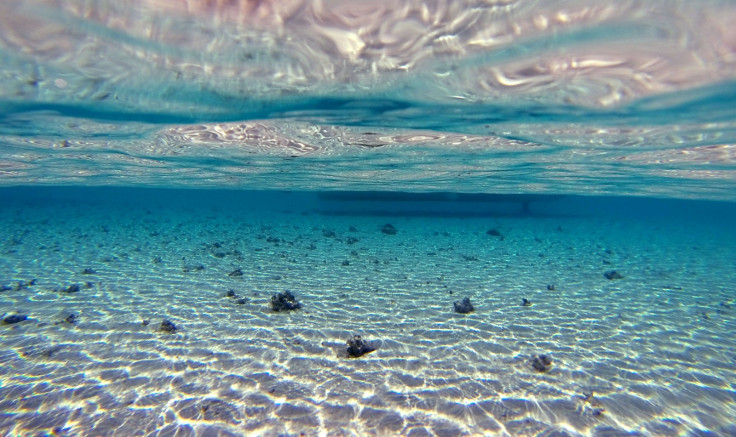What is Ocean of Things? Darpa's new sensors could soon map the deepest parts of the Earth's oceans
Darpa also wants its new sensors to be able to "detect, track, and identify" any nearby vessels.
Around 70% of our planet is covered in water, a significant area of which still remains unknown to humans. However, the US Defence Advance Research Projects Agency (Darpa) aims to develop a whole new network of sensors that could soon map out the deepest reaches of the Earth's oceans.
Darpa announced its Ocean of Things programme, which is meant to take after the Internet of Things (IoT), which connects a multitude of devices and allows monitoring and tracking of various events. Darpa wants its Ocean of Things programme to develop low-cost floating sensors that can gather vast amounts of data from the very depths of the oceans, including location, ocean temperature, activity of commercial vessels and aircraft and data on sea creatures moving around in the area. This could essentially allow for real-time monitoring of maritime activities.
"The goal of the programme is to increase maritime awareness in a cost-effective way," John Waterston, programme manager in Darpa's Strategic Technology Office (STO), said in a statement. "It would be cost-prohibitive to use existing platforms to continuously monitor vast regions of the ocean. By coupling powerful analytical tools with commercial sensor technology, we plan to create floating sensor networks that significantly expand maritime awareness at a fraction of the cost of current approaches."
However, Darpa's new programme could face some challenges. The floating sensors Darpa aims to deploy must be developed such that they are able to withstand the harsh conditions of the ocean for at least a year. Darpa also wants the floats to be manufactured with "environmentally safe materials" that would not harm vessels and marine life. In addition, Darpa wants the sensors to be able to be equipped with algorithms that can "automatically detect, track, and identify" nearby vessels – indicating that the sensors could likely also have military applications.























